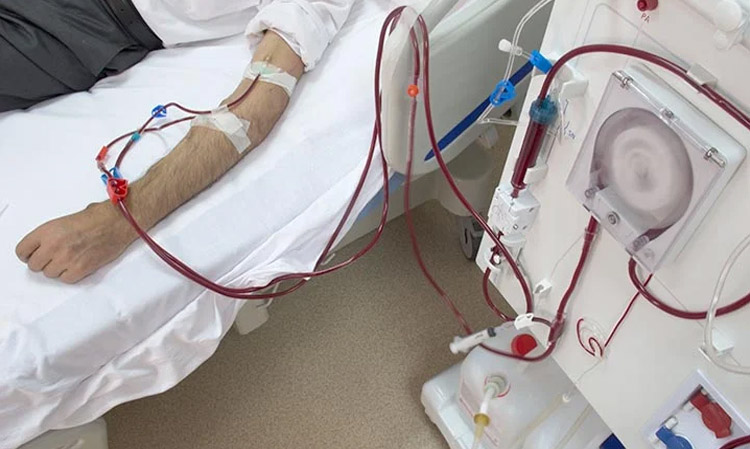Shiksha Paramedical offers an undergraduate programme called B. Sc. Dialysis Therapy. Dialysis is a kidney failure treatment that filters blood to help your body get rid of excess toxins, waste products, and fluids. Your body may struggle to keep your system chemically balanced and clean your blood when your kidneys fail. Along with medication and the right care, dialysis can replace some kidney function and lengthen your life.
However, some people may have damaged or failing kidneys that are unable to perform the function as intended; these people may require dialysis. Patients with acute renal failure (temporary loss of kidney function) brought on by illness or those with relatively stable kidney disease may benefit from dialysis.
Students who enrol in the three-year graduate programme with a one-year internship in dialysis have the chance to learn about the fundamentals of dialysis, kidney biology, fluid and electrolyte balance, hematologic aspects, infectious diseases, dialysis systems and equipment, vascular access to circulation, blood chemistries, complications of renal failure, psychosocial aspects, and an overview of peritoneal dialysis and renal transplantation. The curriculum aims to equip students with the skills necessary to operate under the direction of highly qualified medical professionals.
Who needs dialysis?
Dialysis may be required for those with end-stage renal disease (ESRD) or kidney failure. Kidney injury can result from accidents and diseases like diabetes, lupus, high blood pressure, and others.
Kidney issues can appear in certain persons for unknown reasons. Kidney failure can develop gradually over time or quickly (acutely) as a result of a serious illness or accident. As you recover, this kind of kidney failure might go away.
Kidney disease progresses via five stages. End-stage renal disease (ESRD) or kidney failure is what medical professionals refer to as stage 5 kidney disease. The kidneys are currently performing 10% to 15% of their usual duties. To stay alive, you might require dialysis or a kidney transplant. While awaiting a transplant, some people go through dialysis.


